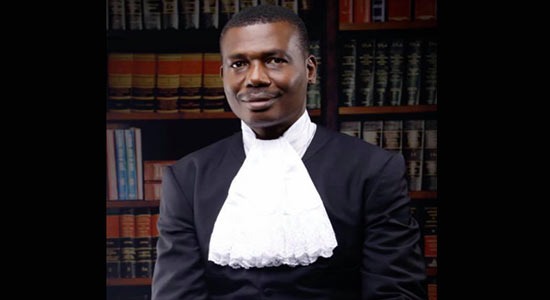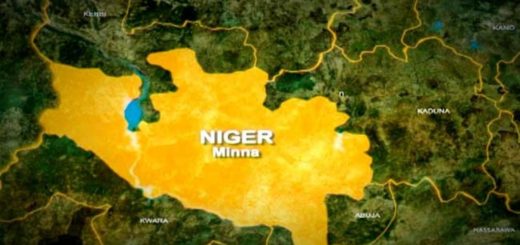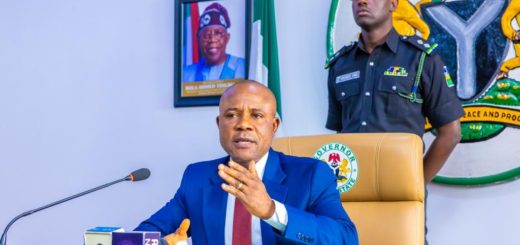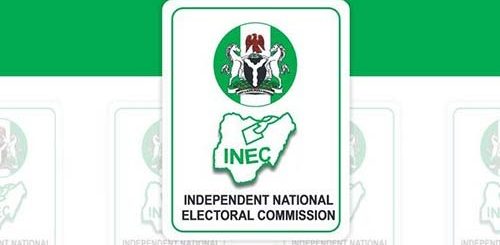Lessons from MMA2: Reforming Airport Concession Laws in Nigeria
 Introduction
Introduction
Traveling within Nigeria has become increasingly difficult for many reasons. Back in 2015, the ruling All Progressives Congress (APC) promised to deliver at least 5,000 kilometers of durable highways across the country. Yet, ten years later, major roads remain in terrible condition. Just last week, 22 athletes lost their lives in a tragic road accident while returning from the National Sports Festival in Ogun State—a grim reminder of the dangers on Nigerian roads. Besides the poor infrastructure, fears of bandits, kidnappers, and criminal extortion by security agencies add layers of risk and delay to road travel. Given these challenges, many Nigerians opt for air travel despite expensive tickets, frequent delays, and cancellations. So, when I read about the court case between the Federal Airports Authority of Nigeria (FAAN) and Bi-Courtney Limited over the management of Lagos’s Murtala Muhammed Airport Terminal 2 (MMA2), my curiosity was piqued.
The Case at a Glance
In 2003, the Nigerian government granted Bi-Courtney a concession to redevelop and operate the fire-damaged MMA2 terminal under a Build, Operate, and Transfer (BOT) agreement, lasting 36 years from May 2007. The agreement guaranteed Bi-Courtney exclusive rights to run MMA2, forbidding the government from building or improving any other competing domestic terminals in Lagos during that time.
Despite this, the government allowed domestic flights to operate from terminals other than MMA2, depriving Bi-Courtney of fees and revenues it was entitled to. Additionally, approval was granted for a new airport project in Lagos State without handing over the agreed General Aviation Terminal to Bi-Courtney. These actions, Bi-Courtney claimed, violated the concession agreement and threatened its investment of ₦39 billion in rebuilding MMA2.
Failed Mediation and Court Battles
Following the dispute, the Attorney-General of the Federation stepped in, creating a seven-member committee in 2008 to resolve the issues. The committee sided with Bi-Courtney, ordering the government to move all domestic flights to MMA2 and remit owed revenues. However, the government and FAAN ignored the committee’s directive.
Bi-Courtney then took the matter to court in 2009. The trial court ruled in Bi-Courtney’s favor, but FAAN, who was not originally a party to the suit, tried to appeal. The Court of Appeal dismissed FAAN’s application, and the Supreme Court upheld that dismissal in 2024, citing procedural grounds.
Lessons and Lingering Questions
This case exposes deep systemic problems: it took two months to resolve the trial, two years in the Court of Appeal, and thirteen years in the Supreme Court to conclude a case pivotal to Nigeria’s busiest airport. Even more troubling is that FAAN only learned of the initial judgment two years after it was delivered. The Attorney-General’s role remains puzzling, having set up mediation but seemingly failing to enforce its findings or keep all parties informed.
I’ve flown through MMA2 multiple times and commend Bi-Courtney’s professionalism, but relying on a single private company for such critical infrastructure risks creating a monopoly. Healthy competition could improve service and efficiency in Nigeria’s domestic aviation sector.
The case also raises broader questions: Why was FAAN excluded from initial court proceedings? Why did the government ignore the mediation committee’s decisions? Could this legal wrangling explain why Lekki still lacks an airport? The answers remain unclear, but the impact on Nigerian air travel is undeniable.













